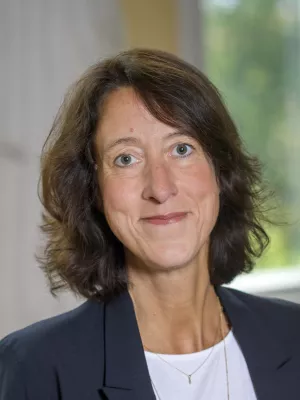
Maria Stanfors
Professor

Educational assortative mating, gender equality, and income differentiation across Europe: A simulation study
Författare
Summary, in English
Demographic explanations for the rise in household income inequality include increased educational assortative mating and changes in the division of paid labour within families. Building on this research, the current study focuses on the connected nature of these two inequality-producing mechanisms, while at the same time bridging the divide with the economic literature on the role of income differentiation. Drawing on the 2004–2008 European Union Statistics on Income and Living Conditions, we consider variation across Europe in the disequalising effect of educational assortative mating and relate these patterns to the general characteristics of welfare state regimes, focusing on the degree of gender equality and income differentiation. First, we document large educational differentials in men’s and women’s income in Eastern Europe, and smaller differentials in Anglo-Saxon, Continental and, especially, Northern Europe. Next, we find that this variation in gender equality and income differentiation parallels variation in the potential contribution of educational assortative mating to educational differentiation in household income. While all countries display larger educational differentials in household income under the scenario of 100% educational homogamy, the biggest differences are found in Eastern Europe, and the smallest differences in the Nordic countries. These results suggest that educational assortative mating is less disequalising in countries with more gender equality and support for equal opportunities.
Avdelning/ar
- Ekonomisk-historiska institutionen
- Centrum för ekonomisk demografi
Publiceringsår
2021
Språk
Engelska
Sidor
48-69
Publikation/Tidskrift/Serie
Acta Sociologica
Volym
64
Issue
1
Dokumenttyp
Artikel i tidskrift
Förlag
SAGE Publications
Ämne
- Economic History
Status
Published
Projekt
- Educational homogamy, gender and increasing differentiation in Sweden: A study across time and space
- Gästforskarvistelse vid Maryland Population Research Center (MPRC)
ISBN/ISSN/Övrigt
- ISSN: 0001-6993